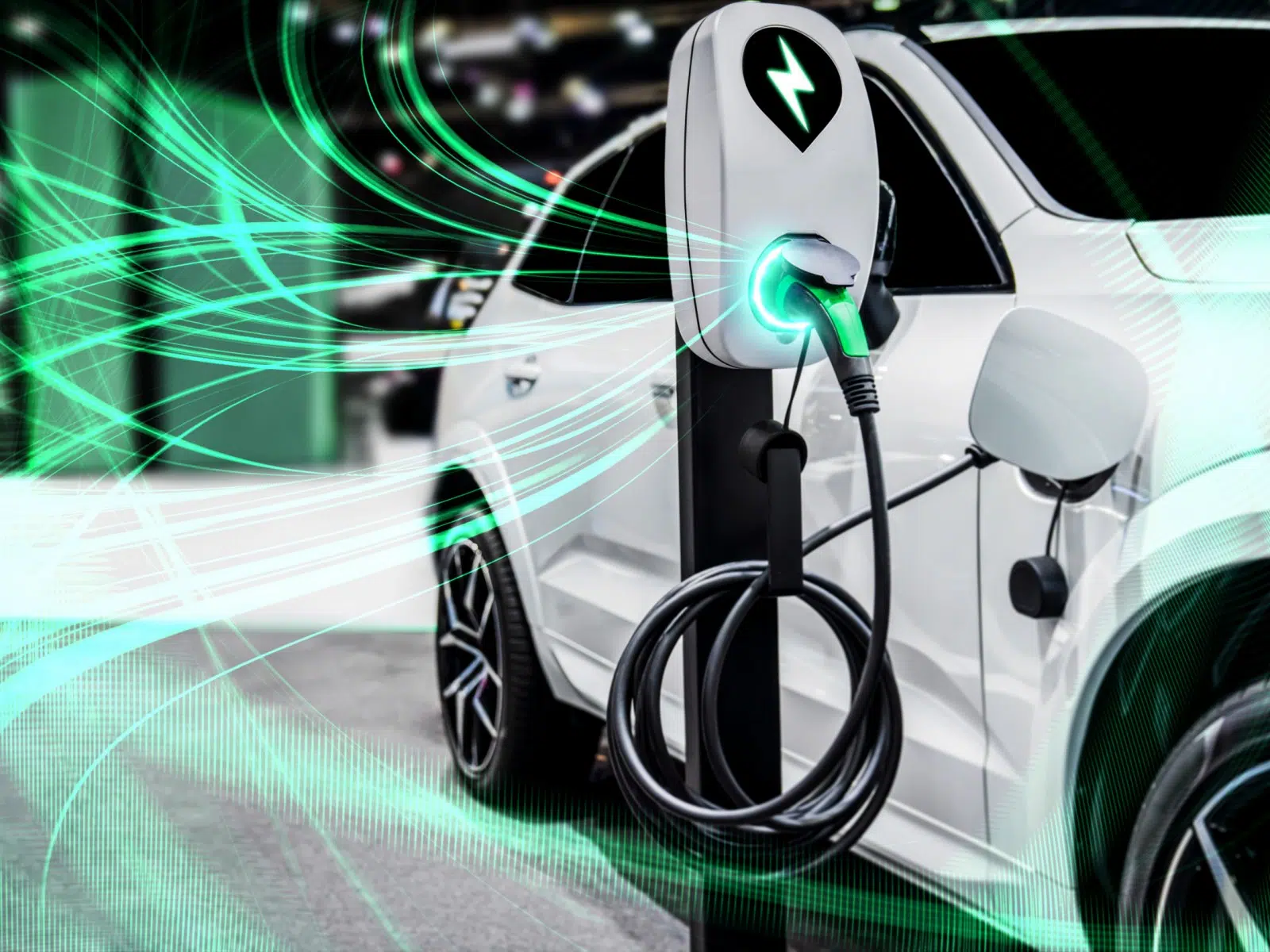The Indian government is making a second attempt at revitalising its much-discussed scheme aimed at encouraging the import of premium electric vehicles (EVs) under concessional tariffs. Launched with high expectations last year, the scheme was intended to lure global automotive giants like Tesla to establish a foothold in the rapidly expanding Indian EV market. However, despite the fanfare, the initiative has so far received a lukewarm response from stakeholders.
In a bid to address the concerns and gather more input, the government is set to host a workshop later this month to clarify the rules of the scheme and elicit feedback from industry players. This marks the second round of consultations since the scheme’s introduction, signalling the government’s intent to fine-tune its approach. The workshop aims to bridge the gaps between policy expectations and industry needs, particularly regarding the financial commitments and regulatory compliance required for participation. The scheme, known as the Scheme to Promote Manufacturing of Electric Passenger Cars in India (SPMEPCI), allows for the import of electric cars at reduced tariffs, a critical incentive for companies like Tesla, which has long sought a lower customs duty to enter the Indian market. Yet, despite the apparent benefits, only a handful of companies have shown interest so far. Participants at the first consultation included leading automakers such as Tata Motors, Maruti Suzuki, Mahindra & Mahindra, and global players like Hyundai and BMW. Tesla, though not directly involved, was represented by its advisor, The Asia Group (TAG) India.
The scheme requires companies to invest at least $500 million over five years, either in manufacturing facilities or in setting up EV infrastructure, such as charging stations. Additionally, companies must ensure that up to 50% of the vehicle’s value is sourced domestically. These requirements, along with the uncertain regulatory environment, have deterred many potential investors, leaving the scheme’s true potential unfulfilled. From a sustainability perspective, the scheme holds promise as part of India’s broader push to shift towards greener transport solutions. However, the slow uptake signals that the government may need to offer more incentives or further simplify the rules to make the market more attractive. For India, the transition to electric vehicles is not just about fostering innovation; it is also a crucial step towards reducing its carbon footprint and promoting sustainable growth. Ultimately, the success of the scheme hinges on the government’s ability to create a more conducive environment for international EV manufacturers while balancing the needs of domestic players. The feedback from the upcoming workshop will play a pivotal role in shaping the future of India’s electric vehicle landscape.


